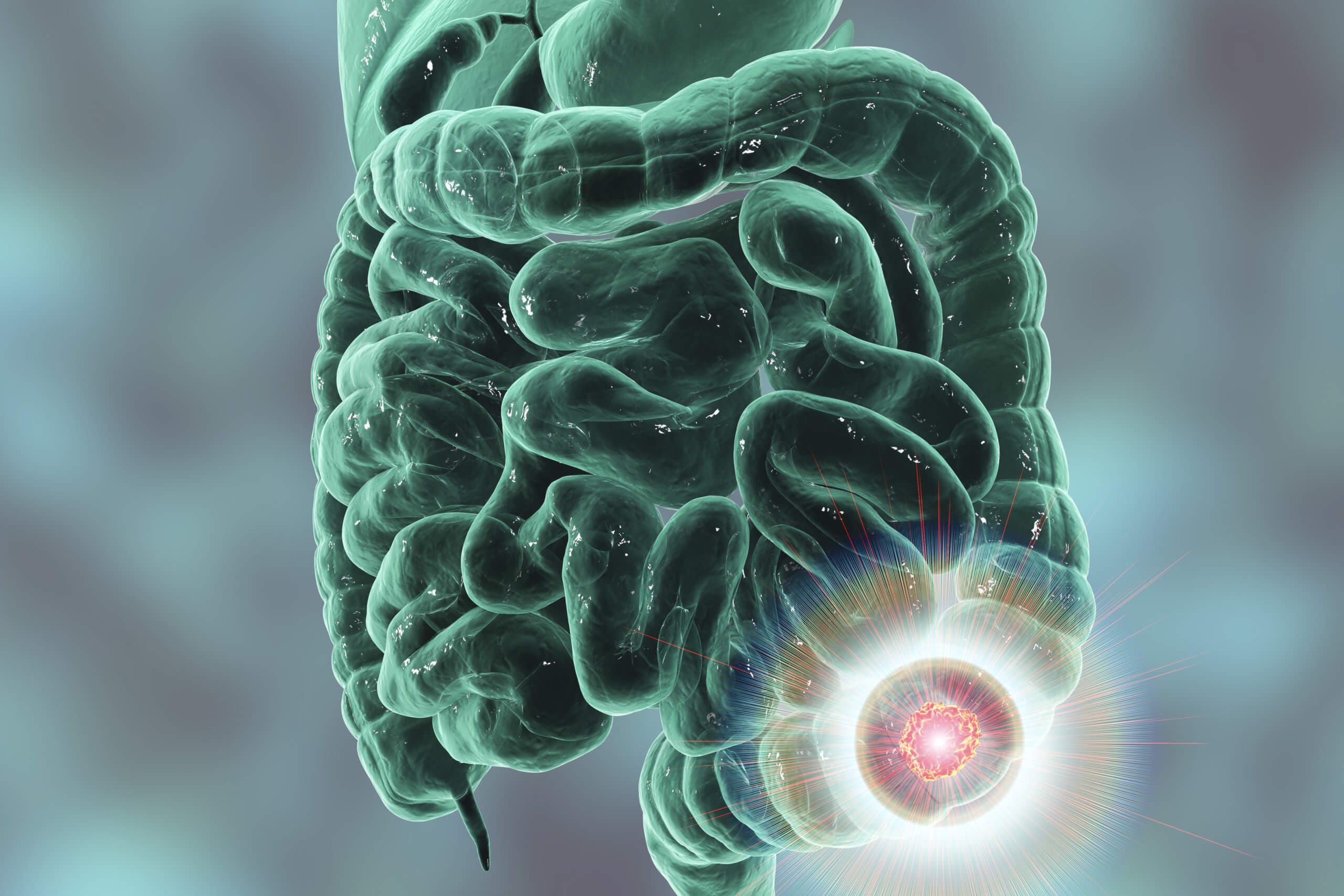In recent years, scientists have made a lot of connections between the gut microbiome and disease development. A new report summarizes how the gut microbiome impacts colorectal cancer detection and development, as well as the potential benefits of microbe-based therapeutics for colorectal treatment and prevention.
Colorectal cancer is influenced by multiple lifestyle factors, from not exercising regularly to smoking and alcoholism. Cancer scientists have put a spotlight on gut bacteria as another potential cause of colorectal cancer. Having a healthy microbiome helps maintain healthy intestinal conditions, including preventing harmful pathogens entering the intestine from traveling further inside the body.
The researchers studied the effects of gut bacteria that have often been associated with colorectal cancer in mouse models. They classified the microbial species as “direct” or “indirect” cancer-causing bacteria that help in the progression of colorectal cancer. For instance, the lack of some gut bacteria could promote cancer growth because of their essential role in regulating immunity and the gut barrier.
Usually, the number of harmful bacteria in the gut is not too much of a concern unless the intestinal health is compromised, such as during illness or antibiotic overuse. A compromised gut leaves an ideal opportunity for harmful bacteria and viruses to replicate quickly and change the microbiome composition.
The researchers note several bacterial species such as Enterotoxigenic Bacteroides fragilis, certain strains of Escherichia coli, and Campylobacter jejuni, create toxins that damage the gut barrier. Attacking the gut barrier has a snowball effect as it leads to inflammation, infection, and potential cancer formation.
Colorectal cancer cells may also spread with the help of Streptococcus which increases its resistance to chemotherapy. Peptostreptococcus anaerobius promotes the creation of reactive oxygen species or free radicals that damage DNA, proteins, and cell metabolism, triggering cancer production.
But just as much as gut bacteria can promote cancer growth, it can also stop it. There is evidence of probiotics stopping the spread of cancer along with promoting anticancer substances.
For instance, an anticancer probiotic called Akkermansia muciniphila, reduces colon inflammation and improves the outcomes of immunotherapies. Certain lactic acid bacteria in probiotics — Lactobacillus rhamnosus GG and Pediococcus pentosaceus — have antitumor abilities and obstructs colorectal cancer development. Streptococcus thermophilus stops potential infections from gut microbiota and produces beta-galactosidase, an enzyme needed to stop colon cancer development.
Prebiotics and a microbial colorectal cancer therapy called fecal microbiota transplants have also shown promise in restoring a healthy gut. In turn, a healthy gut prevents the development of colorectal cancer.
“Further clinical research on intestinal microbiome should clarify more specific bacteria related to CRC development and focus on potential applications of microbe-oriented therapies along with strategies to broaden the scope of CRC management,” says Dr. Jie Hong, corresponding author of the study in a media release.
The study is available to read in the Chinese Medical Journal.
